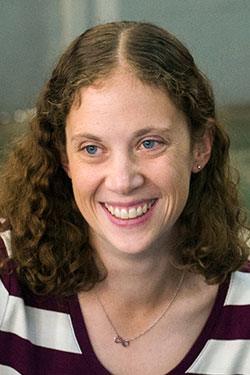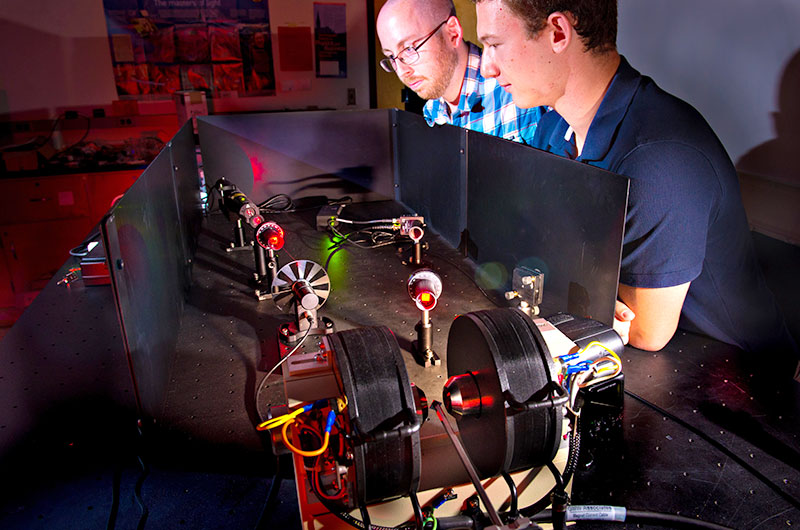Statistics and Data Science Major
June 29, 2017 2025-02-16 16:21Statistics and Data Science Major
Analyze and Interpret Data
Statistics and Data Science Major
Learn to manage and analyze complex datasets.
Future Employment
Alumni
Accredited
Bachelor of Science in Statistics and Data Science
The statistics and data science major at the University of Lynchburg is designed for students who are interested in the scientific study of learning from data. You’ll learn how to collect, analyze, and interpret information as well as communicate your findings. Statisticians can work in every field imaginable — business, social sciences, biology, sports, or medicine — so there’s no limit on where you can go with this degree!
The statistics and data science degree will give you an opportunity to solve real-world problems. We offer an exciting curriculum that teaches students a broad range of skills required of all statisticians — plus opportunities to explore advanced topics such as machine learning and statistical genetics. Statistics and data science are changing the world every day, and we can help you be a part of that.
Curriculum and Resources
2024-25 Academic Year Information
Program requirements for the following can be found in the undergraduate catalog.
- Statistics and Data Science (BS)
What Jobs Can I Get With an Statistics and Data Science Degree?
Statistics and data science are some of the fastest growing career fields in the nation. These careers can be lucrative, but they also need a lot of hard work and dedication. There are opportunities to work with big data sets, create critical data dashboards, help robots learn, create artificial intelligence algorithms for marketing, and build statistical models to help companies manage risk and make decisions about their products. And these jobs often come with competitive salaries!
Statistics and Data Science Careers and Salaries
Statistics and data science is an interesting career because it combines your technical skills with your creative side. It’s perfect for people who have a knack for math, but also want to think outside of the box.
- Actuary/risk manager: $102,880
- Applications architect: $113,757
- Cost estimator: $66,610
- Data architect: $108,278
- Data scientist: $139,840
- Infrastructure architect: $107,309
- Machine learning engineer: $114,826
- Machine learning scientist: $114,121
Salary and job projections come from national averages in the Bureau of Labor Statistics and other sources, including Glassdoor, Indeed, and industry-specific posts and publications. The data is meant to provide you with an idea of career options and salary ranges, not as a guarantee of obtaining these positions after graduation. These represent national averages and may vary by source and time frame collected. Actual salaries vary by region. Some jobs may require additional training or graduate education.

Crystal Moorman ’09, PhD
Assistant Professor of Physics, Director of the Belk Astronomical Observatory, Chair of the Physics Department







